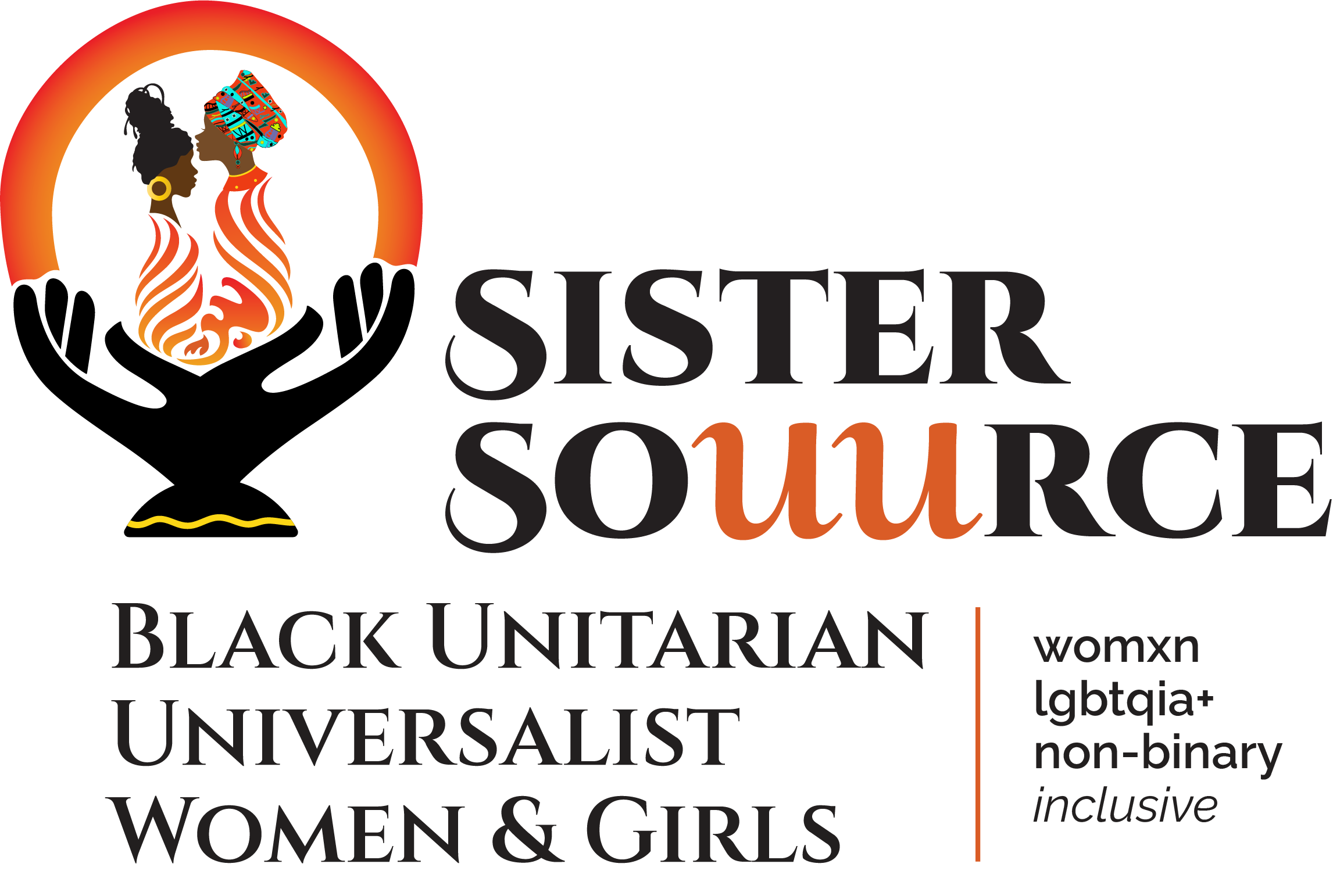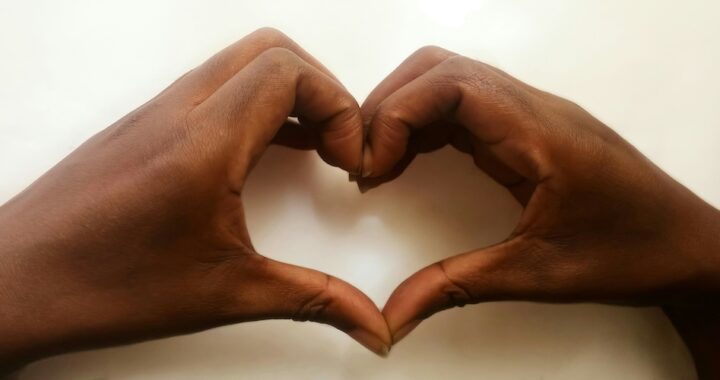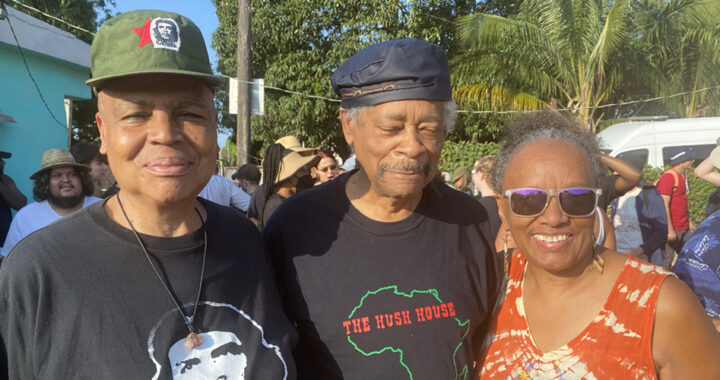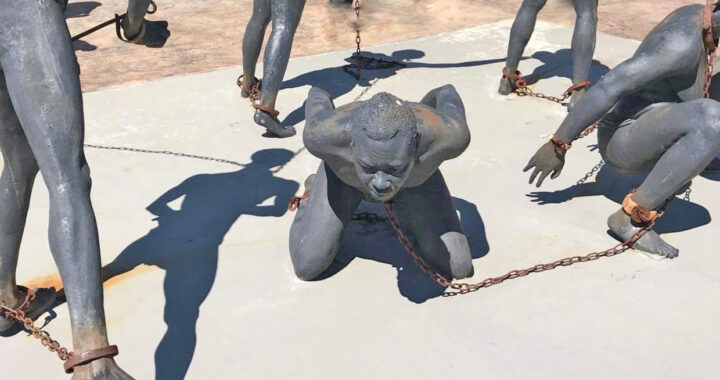
“It is not just the failure of one nation over another, it is not just the failure of one leader over another, and it is not simply the failure of one diplomatic strategy over another. It is the failure of us all.”
The news of the conflict between Israel and Palestine is devastating. Whether I have friends and colleagues in or from either country is not the issue. Neither is it a matter of choosing sides. There are men and women, mothers and children, elderly and disabled people – on both sides – who are suffering and dying.
In my despair, I came to wonder how many places in the world there are human beings at war with one another. According to the Council on Foreign Relations’ Global Conflict Tracker, there are currently twenty-seven ongoing conflicts worldwide; 2 billion people currently live in conflict-affected regions. In her 2022 Global Citizen article, “13 Heartbreaking Facts About Ongoing Conflicts Around the World,” Tess Lowery outlined the three categories of conflicts as identified by the Council: worsening, unchanging and improving. I would agree with the Council’s classification of the conflict between Israel and Palestine as “worsening.”
The United Nations stated that “peace is more under threat around the world than it has been since WWII.” The most vulnerable among us, i.e., women, children, the elderly, and the disabled, are disproportionately affected, and are often referred to as collateral damage. That is, they were not the intended targets, but were in the wrong place at the wrong time. Tragically, “One child dies every ten minutes in Yemen,” according to a 2021 United Nations report.
Prevailing notions of patriarchy also exacerbate the vulnerability of women during wartime. This culturally perceived dominance of men over women puts women at greater risk of experiencing sexual violence. Acts of rape, one of the most common violations against women during wartime, is a most brutal expression of male dominance. Women’s bodies are weaponized as instruments of war. For example, the intentional raping of women in Bosnia, Kosovo, and Rwanda was part of a military strategy to emotionally demoralize the opposition.
Rev. Lee Barker’s observations on UUism and the struggle for peace appear in the anthology, In Time of Need: Sermons & Essays from the Meadville Lombard Theological School Community. While Rev. Barker’s sermon, “War is Humanity’s Ultimate Failure” focuses on Iraq, his observations apply equally today:
The news from Iraq can be heart[-]stopping. But it doesn’t have to defeat our spirits, not if we are willing to act in a manner that is suggested by this great religious tradition of ours [Unitarian Universalism]. Hope will come to all of those who make a room in our church for persons of each and every opinion. Peace will come to those who open a place in our church for people of every stripe. There is a better way of dealing with human difference. In our church we can both prove it and make some peace with a warring world … If we are going to paint for ourselves a new, complete world, then we’d better be prepared to put together a reflection of that new complete world, in our lives, in our here-and-now lives. And if we are searching for that new, peaceful world where people of difference are reconciled to one another, despite those differences, then we’d better be prepared to put together a personal world where we are so reconciled to those who are different from us.
Some who supported the Iraq war were present in the audience when he preached the above sermon. Addressing those parishioners, Barker stated: “In my life you represent humanity’s best hope for peace for you are here. In this church, worshipping in a place where you are the distinct minority.”
While Barker’s sermon was delivered eighteen years ago and focused on Iraq, it is equally relevant today, given the Israel-Palestinian conflict. We pray for peace in the world, and the day when people of all nations can get along. As Unitarian Universalists, we recognize that warfare kills, maims and devastates not only human lives, but also destabilizes a country’s economy, causing increased poverty.
Let us pray and work for peace in the world! May it be so and blessed be!
Rev. Dr. Qiyamah A. Rahman
• • •
SOURCES:
Lee Barker, “Making Peace with a Warring World,” in In Time of Need: Sermons & Essays from the Meadville Lombard Theological School Community. 1st ed. Meadville Lombard Reader 2005. Edited by Tina Porter, (Chicago: Meadville Lombard Press, 2006), 74.
Christina Lamb. Our Bodies, Their Battlefields: War Through the Lives of Women (New York: Scribner, 2020).
Lowery, Tess. “13 Heartbreaking Facts About Ongoing Conflicts Around the World.” Global Citizen. April 1, 2022. www.globalcitizen.org/en/content/facts-about-world-conflicts.



